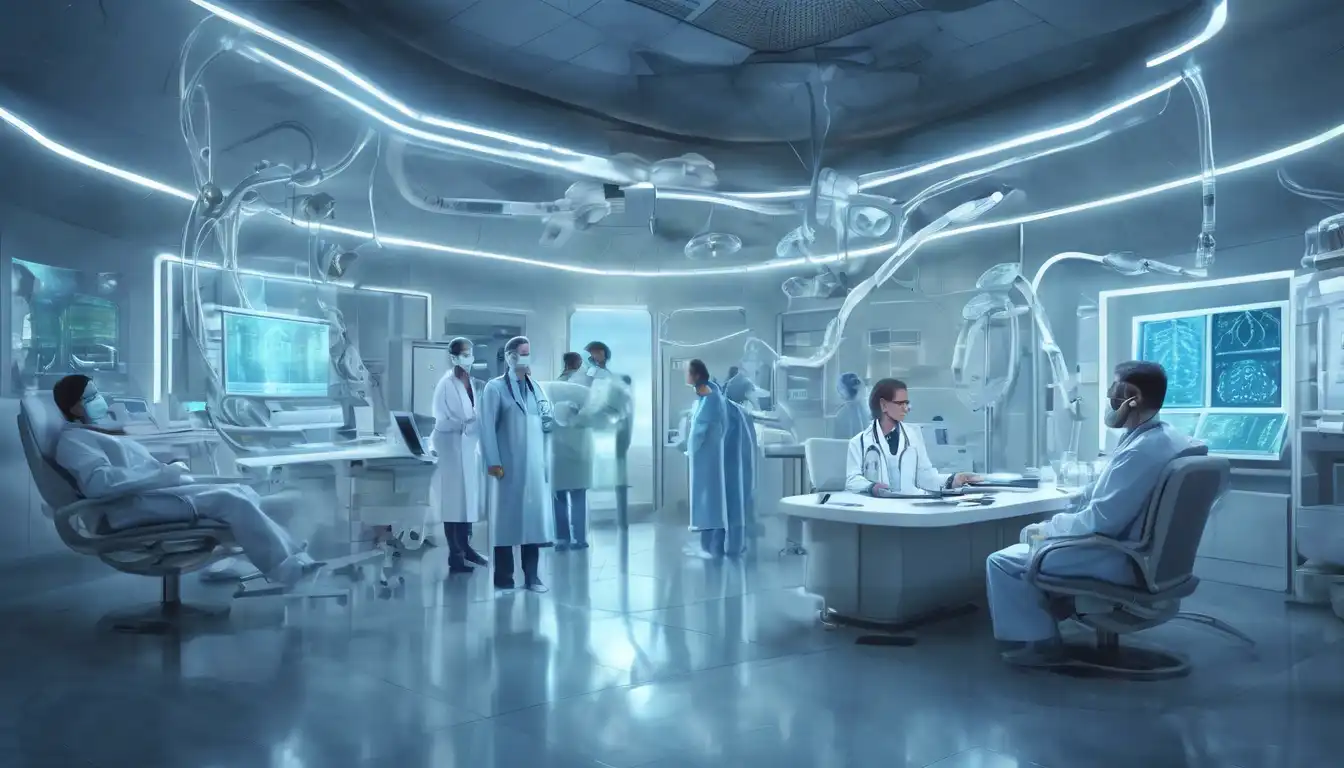Introduction to AI in Healthcare
Artificial Intelligence (AI) is revolutionizing the healthcare industry by providing innovative solutions to complex problems. From diagnostics to treatment personalization, AI's role in modern healthcare is undeniable. This article explores how AI is transforming healthcare solutions, making them more efficient, accurate, and accessible.
AI-Powered Diagnostics
One of the most significant contributions of AI in healthcare is in the field of diagnostics. AI algorithms can analyze medical images with precision, often surpassing human accuracy. This not only speeds up the diagnostic process but also reduces the chances of human error, leading to better patient outcomes.
Personalized Treatment Plans
AI's ability to process vast amounts of data enables the creation of personalized treatment plans. By analyzing a patient's medical history, genetic information, and lifestyle, AI can recommend treatments that are tailored to the individual's specific needs, improving the effectiveness of healthcare interventions.
Enhancing Patient Care with AI
AI technologies, such as chatbots and virtual assistants, are enhancing patient care by providing 24/7 support and answering health-related queries. These tools can triage symptoms, recommend when to seek medical attention, and even provide mental health support, making healthcare more accessible to everyone.
Operational Efficiency in Healthcare
Beyond patient care, AI is streamlining operational aspects of healthcare. From managing patient records to optimizing hospital workflows, AI is reducing administrative burdens, allowing healthcare professionals to focus more on patient care.
Challenges and Ethical Considerations
Despite its benefits, the integration of AI into healthcare comes with challenges, including data privacy concerns and the need for robust ethical guidelines. Ensuring the responsible use of AI is crucial to maintaining trust and safeguarding patient information.
Conclusion
The role of AI in modern healthcare solutions is transformative, offering unprecedented opportunities to improve patient care, enhance diagnostics, and streamline operations. As technology advances, the potential for AI in healthcare continues to grow, promising a future where healthcare is more personalized, efficient, and accessible to all.
For more insights into how technology is shaping the future of healthcare, explore our articles on digital transformation in healthcare and the future of telemedicine.
